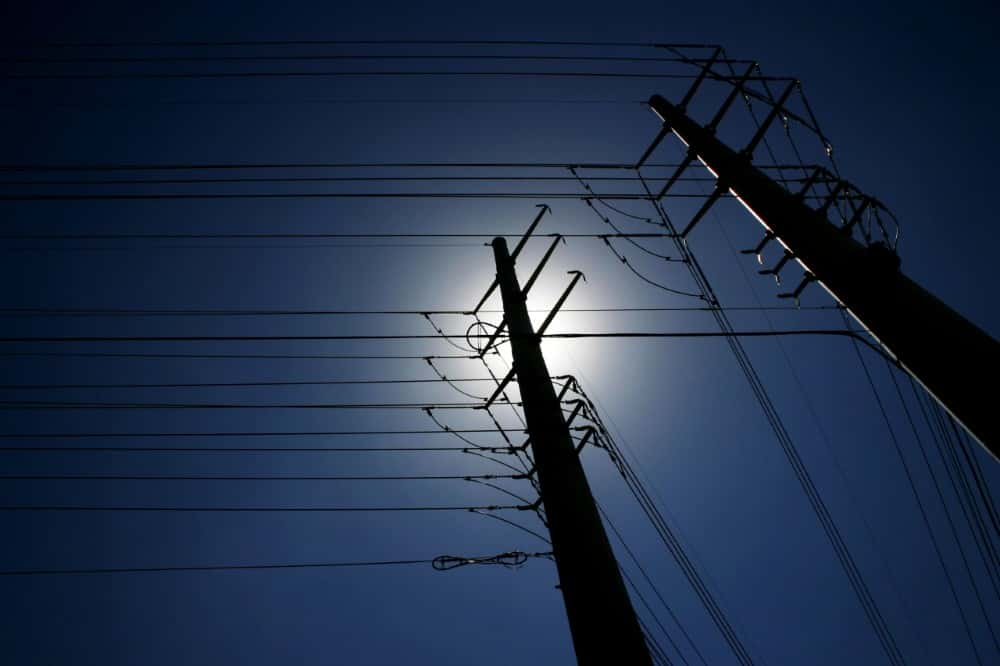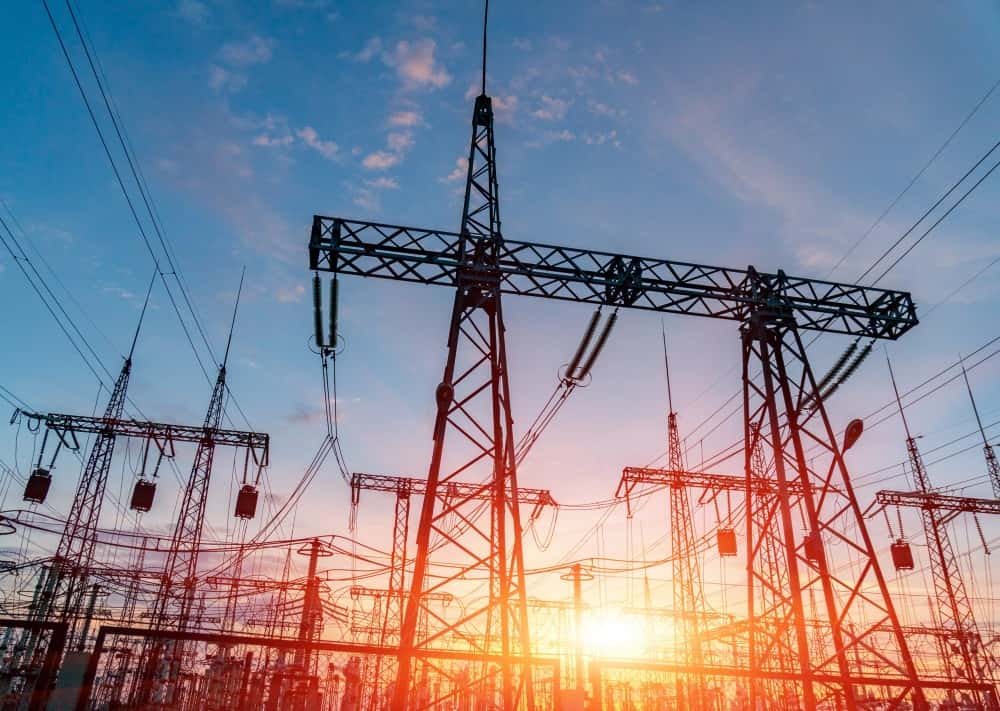The move comes in response to the system’s downed power lines being blamed for starting massive forest fires, exacerbated by the increasingly hot and dry climate driving up energy demand.

Californians are facing the possibility of higher electricity bills based on their income, as part of a plan to modernize the state’s aging electricity system
Under the new state law, higher-income individuals will bear a greater financial burden for the power system’s modernization, while still accounting for their actual power usage. The bills will include “fixed charges” determined by income. For example, households in the Los Angeles area with incomes below $28,000 would pay $15 per month, while those with incomes over $180,000 would pay $92 per month—a 144% difference. In San Diego, the monthly charge would be $128 for higher-income households.
However, some homeowners are displeased with the proposed changes. After years of being encouraged to conserve energy, they feel that the new plan contradicts this message, penalizing them with higher bills based solely on their income level, regardless of their electricity usage habits.
Advocates of the fixed-price charges argue that they offer a fairer way to finance the expansion of the electrical system
Applying a sliding scale based on household income ensures that wealthier households shoulder a greater portion of the costs. This approach is seen as more equitable compared to other community needs, such as roads, schools, and police forces, which are financed through property taxes and income taxes that vary according to individual income levels.
Additionally, the Natural Resources Defense Council (NRDC) contends that charging fixed fees for building and maintaining the electric system could lead to lower usage costs. With a steady income stream, power companies could potentially reduce the charges for electricity usage. This affordability could contribute to increasing demand for electric vehicles and appliances, according to the NRDC.
The implementation of the fixed-use charge falls under the responsibility of the California Public Utilities Commission, which is currently determining the specifics of the plan. The commission has until next July to finalize the details and begin enforcing the new system.
READ ALSO: Social Security Recipients Anticipate Sixth Payment Of 2023




